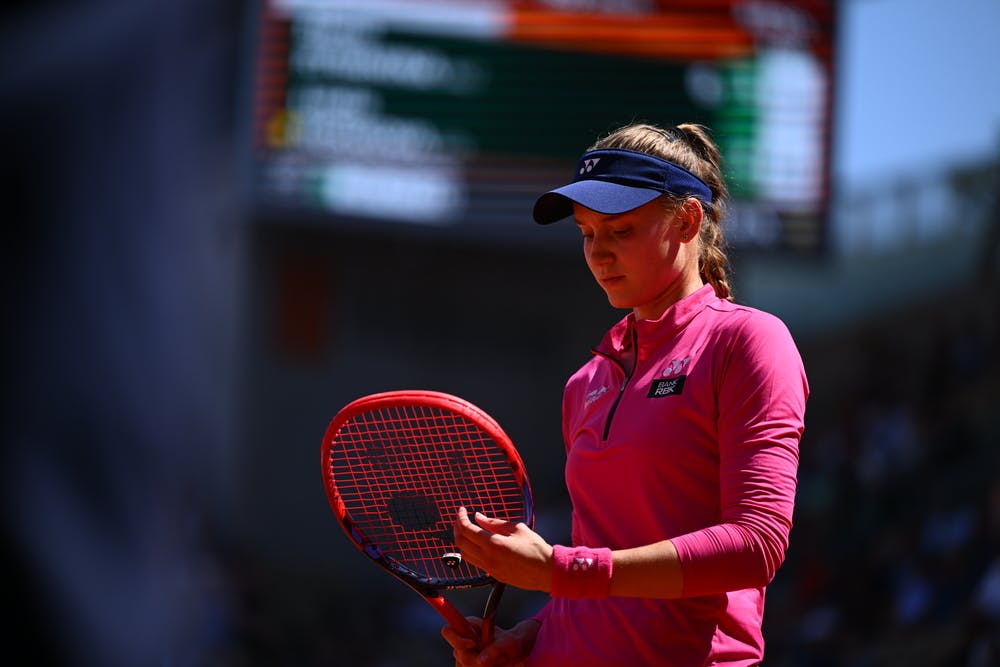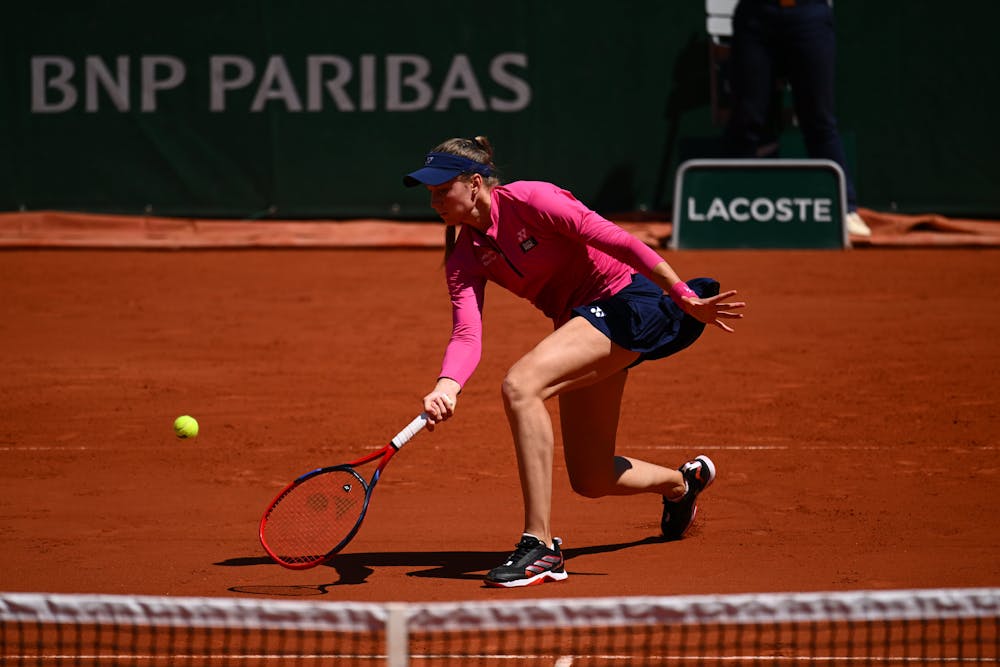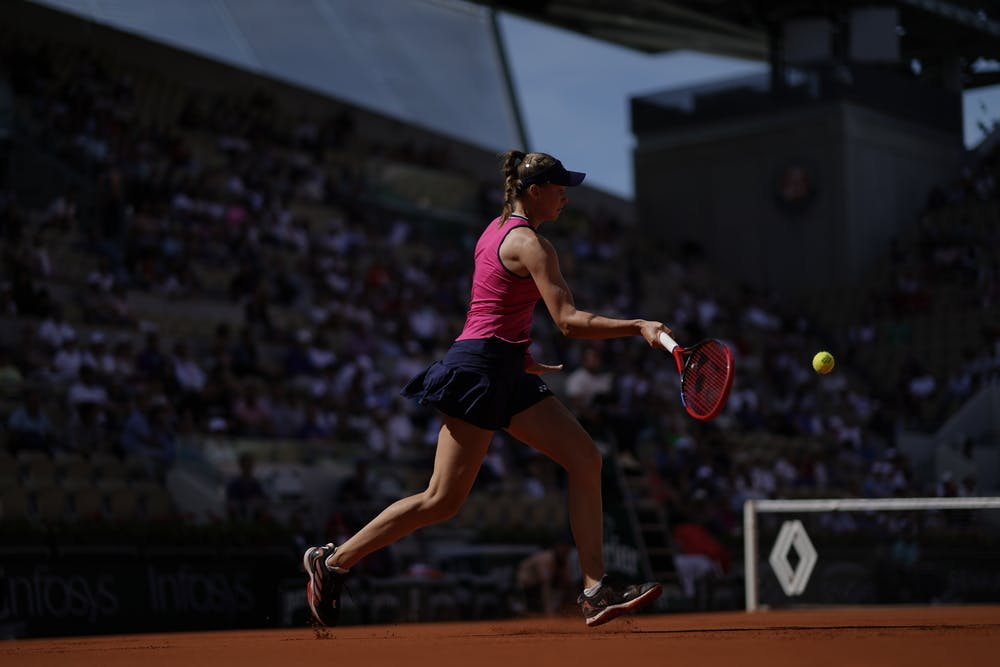These days you’d be hard-pressed to find somebody who isn’t high on the talents of Kazakhstan’s Elena Rybakina.
The 2022 Wimbledon champion has expanded her empire authoritatively in 2023, racking up WTA 1000 titles at Indian Wells and Rome, and reaching finals at the Australian Open and Miami.
Impressively, Rybakina has continued to perform since she hoisted the Venus Rosewater Dish at the All England Club last July - now she's looking to leave an indelible mark on the terre battue of Paris.
Here’s what we learned from Rybakina’s 6-3, 6-3 takedown of 18-year-old Czech Linda Noskova on Thursday.
 ROLAND-GARROS
18 May - 7 June 2026
ROLAND-GARROS
18 May - 7 June 2026




